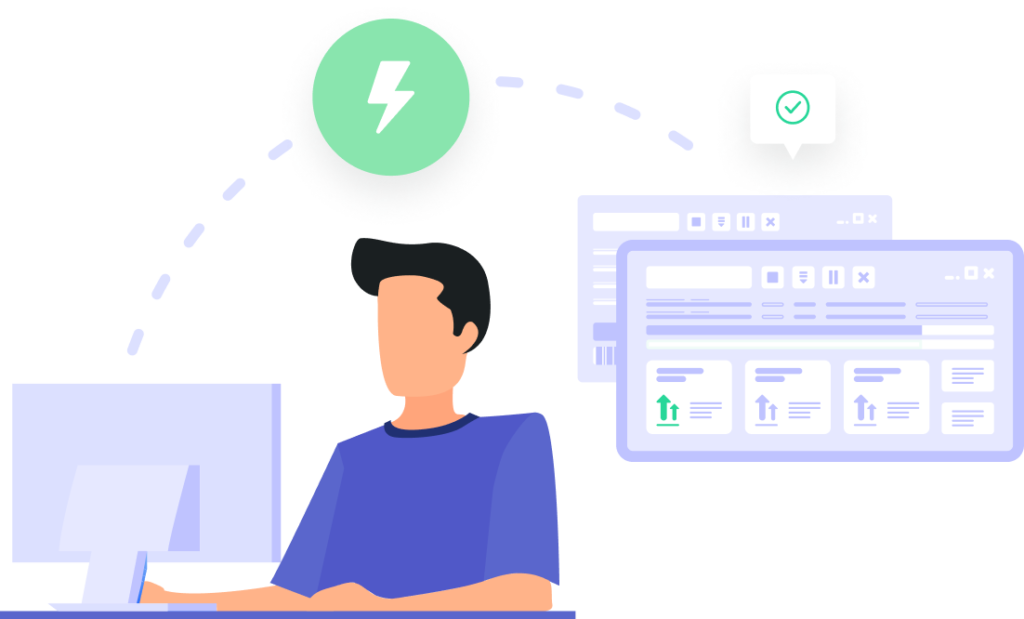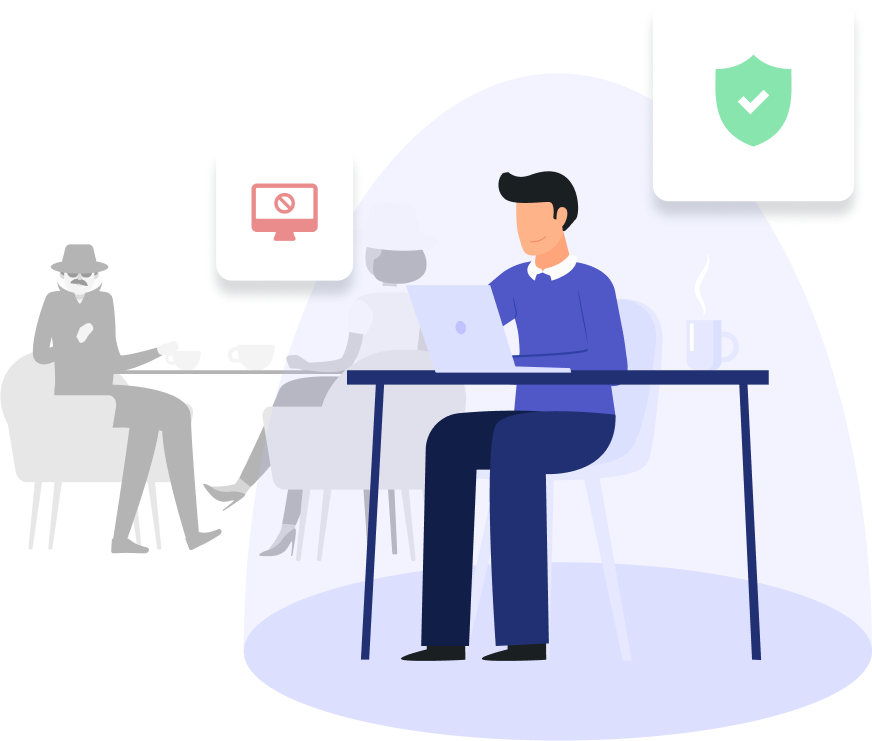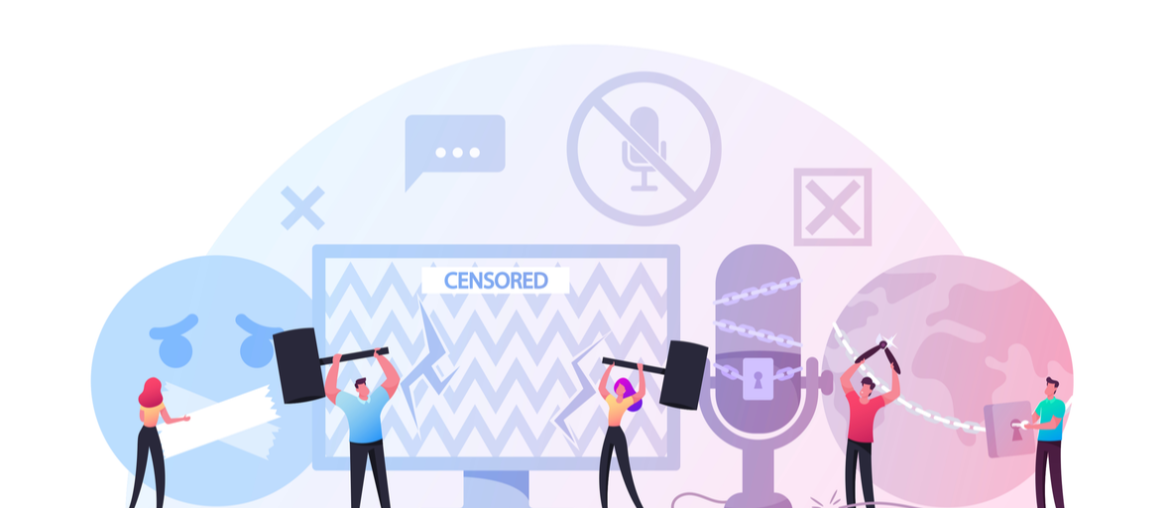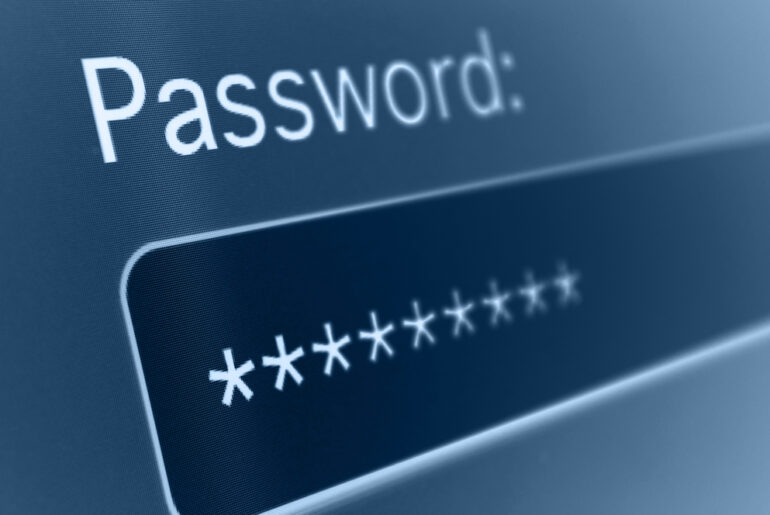One of the most frightening things for governments is a citizenry that can communicate freely. In some countries, Internet censorship is not only prevalent, it’s an integral part of how the state operates. That’s why it’s important to fight censorship with a VPN.
How Does a Government Censor the Internet?
Many of us are from countries where a free and open Internet is considered standard. However, in many countries, governments frequently use their ability to shut down access to certain sites or services. Sometimes they shut down the whole Internet in the country.
But how can they do this?
There are several very common ways to censor the Internet if you’re a government official.
DNS Tampering
This is probably the easiest way to shut down access to a website. Everything on the Internet is given a unique IP address which tells everything elsewhere to send or receive data. To keep these organized and allow us to use URLs instead of numbers, a Domain Name Server (DNS) is used.
A DNS is a directory of every website name and its corresponding address so, when you go to “www.privadovpn.com”, for example, it brings you to our website and not some other page. In some countries, DNS servers are owned and operated by the government. If not, enough pressure is put on the owners that they will accede to any demands.
So if we take somebody in the fictional country Latveria, and the Latverian parliament says that they don’t want people downloading VPNs (because you can fight censorship with a VPN), they can just remove the entry for our home page from the DNS servers and any attempts to access our page would be returned as not found. Obviously, they can only do that from the servers they control. When you cross the border out of Latervia and can access other DNS servers, our site will show up again.

IP Blocking
If DNS tampering is erasing an entry from the “directory,” then IP blocking is just cutting the line. Since every website has an IP address associated with it, and it’s infeasible to change that IP address regularly, it’s possible for governments to run enormous mega-servers that can watch for anyone attempting to access certain addresses.
China is a great example of this. When somebody from outside of the country attempts to access certain internal websites, or when a Chinese citizen attempts to access specific internationally-hosted websites, their gateway servers will send a reset code to both computers, effectively “hanging up” the conversation before it even starts.
IP blocking is a broader approach to censorship than DNS tampering. Governments can block whole ranges of IP addresses. This effectively cuts off access to sites and services that don’t violate any rules but are hosted on the same server as a page that does.
Keyword and Packet Filtering
These are two different techniques, but they work in very similar ways.
Keyword filtering also relies on the mega-servers mentioned above. But instead of comparing the IP address to a list of banned ones, it will look at the website address (URL) for specific keywords, then prevent access to any page that has those words.
For example, if you were to go to a page with the URL “www.example.com/defeat-censorship/”, the server might pick up on those words and, if the government doesn’t want you getting information about it, prevent you from viewing that page. Obviously, this particular technique isn’t incredibly reliable and casts a very wide net, but governments that censor the Internet usually don’t care much about that.
Packet filtering is even more fine-tuned. A “packet” is a group of data one online device sends another. Usually, several packets are sent, then put back together on the other end.
Because of the nature of the Internet, it’s very easy to simply read those packets while they are in transit. Like with keyword filtering, it is looking for specific words or content that violates their censorship rules, then drops the connection between the two computers before the offending information can be received.

Why Use a VPN?
With that in mind, you can better understand how to fight censorship with a VPN.
DNS tampering is one of the easiest fixes. When you connect to a virtual private network like PrivadoVPN, all your website requests go through our secure DNS servers. This can prevent the government from sending you to different pages or changing the information you’re receiving. Similarly, domains that won’t resolve when you use a government-compromised Internet provider generally will when you connect to a VPN first.
IP blocking is also easy to deal with using a VPN. Whenever you connect to a VPN server, your IP address changes. That means that you can, for example, connect to a server located in the country you want to access and appear to be inside their borders. Similarly, if your IP or IP range has been banned specifically, access can be restored when you connect to a different VPN server.
Encryption can deal with keyword and packet filtering. At PrivadoVPN, we use 256-bit-AES encryption on every byte of data that enters or leaves your computer. Encryption scrambles your data in a systematic way so that it looks like gibberish while it’s traveling between computers, but can be reassembled when it reaches its destination. That makes it impossible to read your data while it’s in transit.
We add another layer of security by sending your data through an encrypted tunnel. Keyword searching servers won’t be able to read any potential keywords you send, which makes it much, much harder to censor your online activity.
You have to protect yourself in a world that is increasingly hostile to privacy and information security. That’s why you should absolutely fight censorship with a VPN.
Get PrivadoVPN Today
Sign up for unlimited VPN data, access to SOCKS5 proxy, and easy-to-use multi-device protection.
Get started with PrivadoVPN now.




